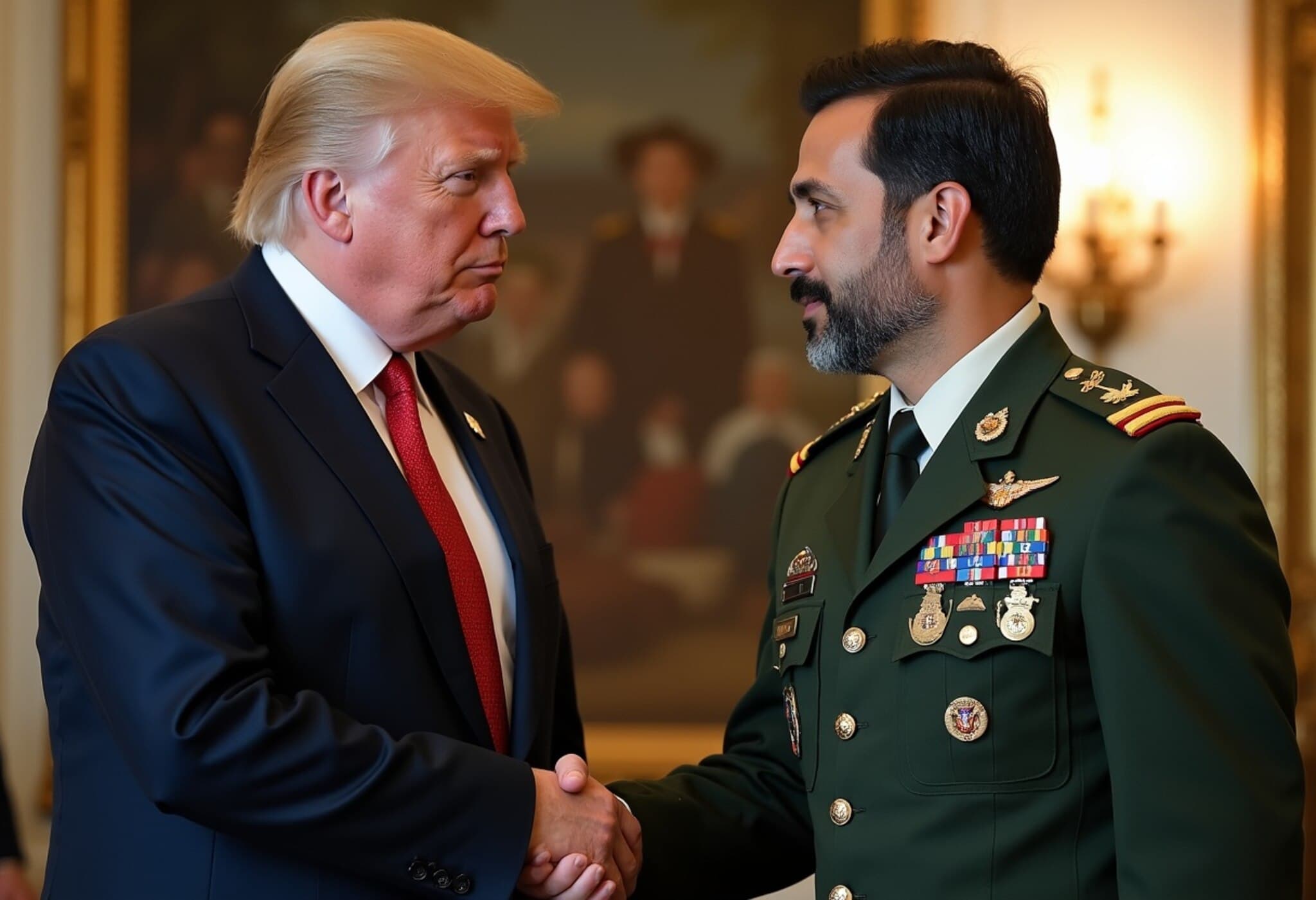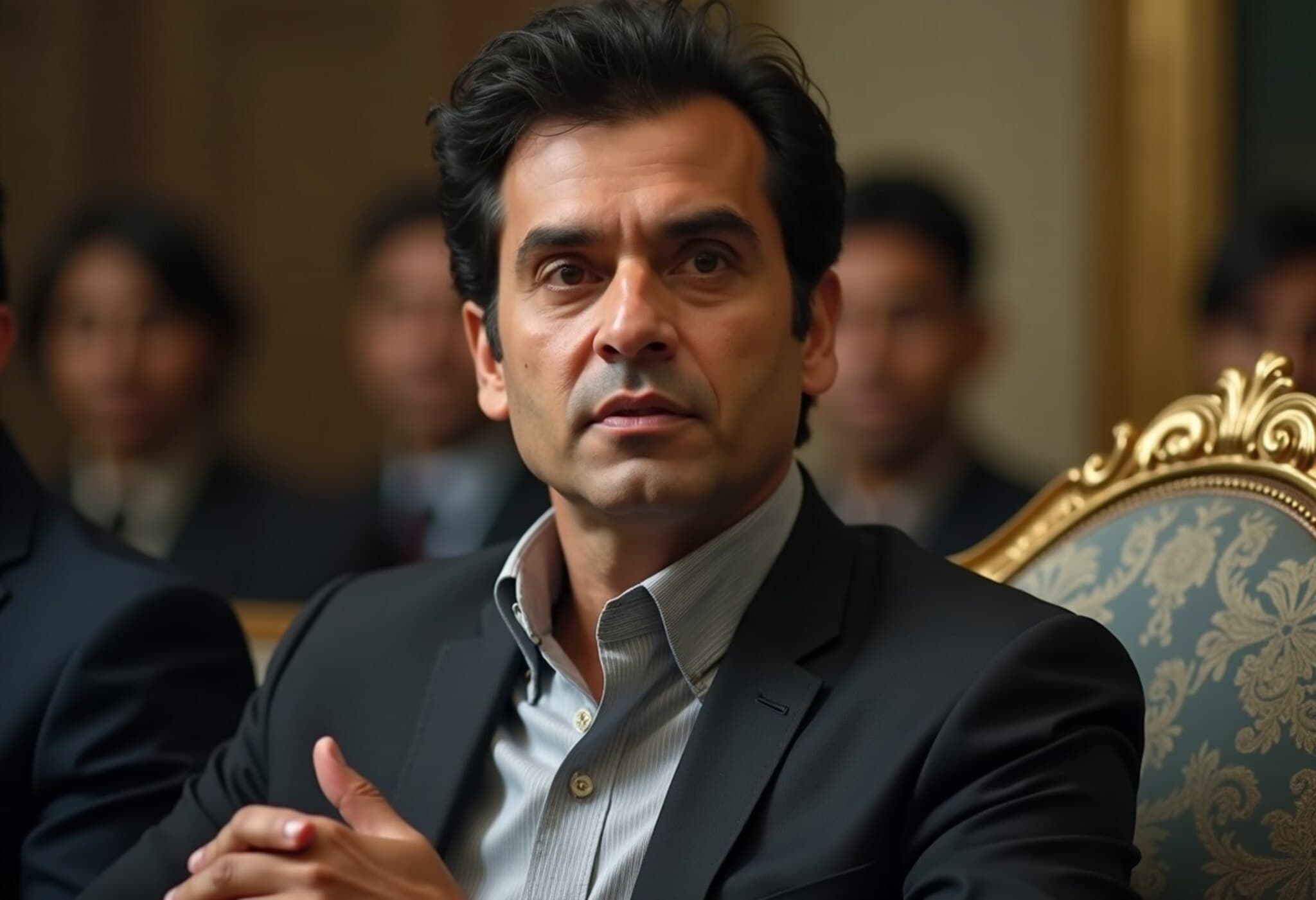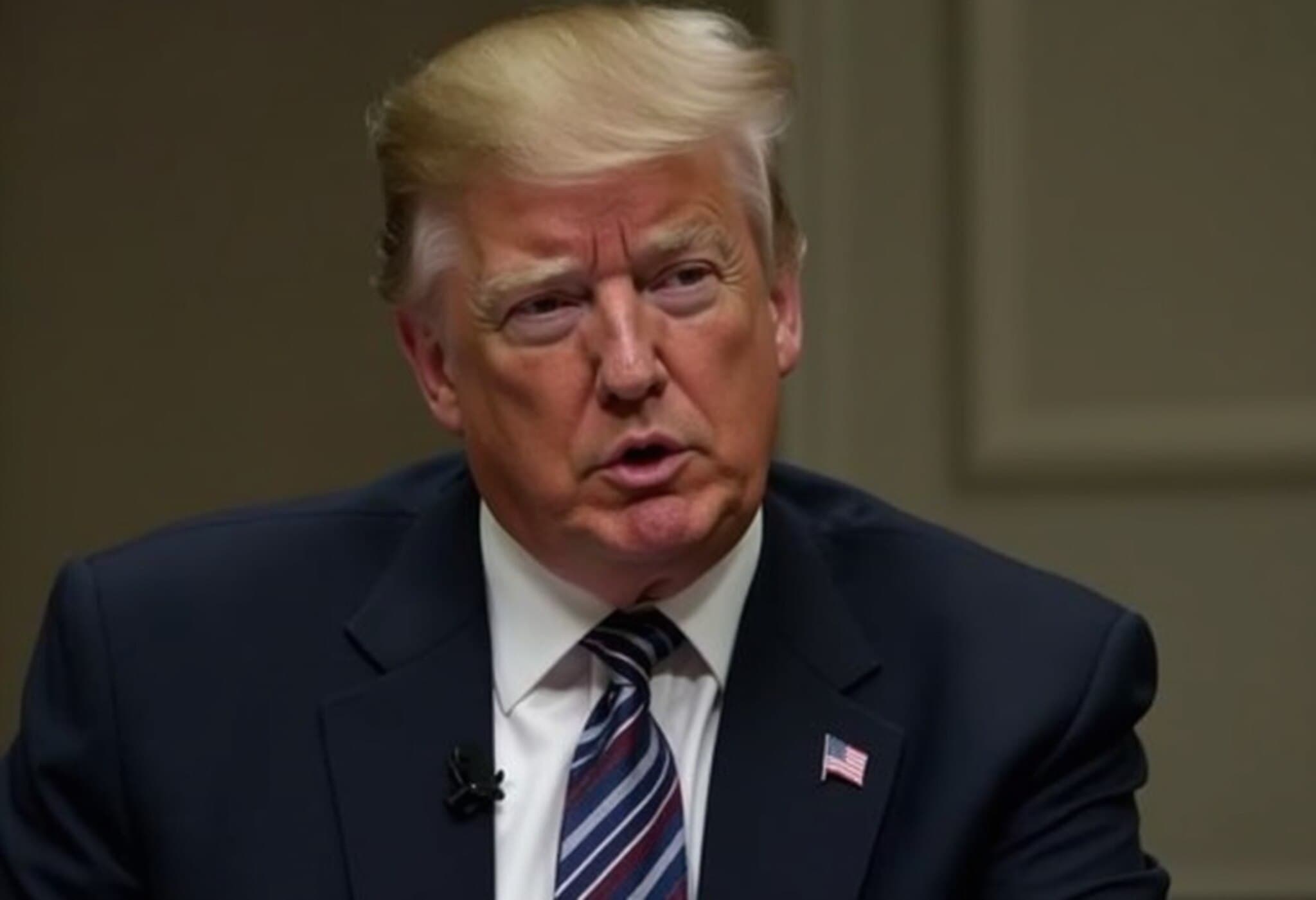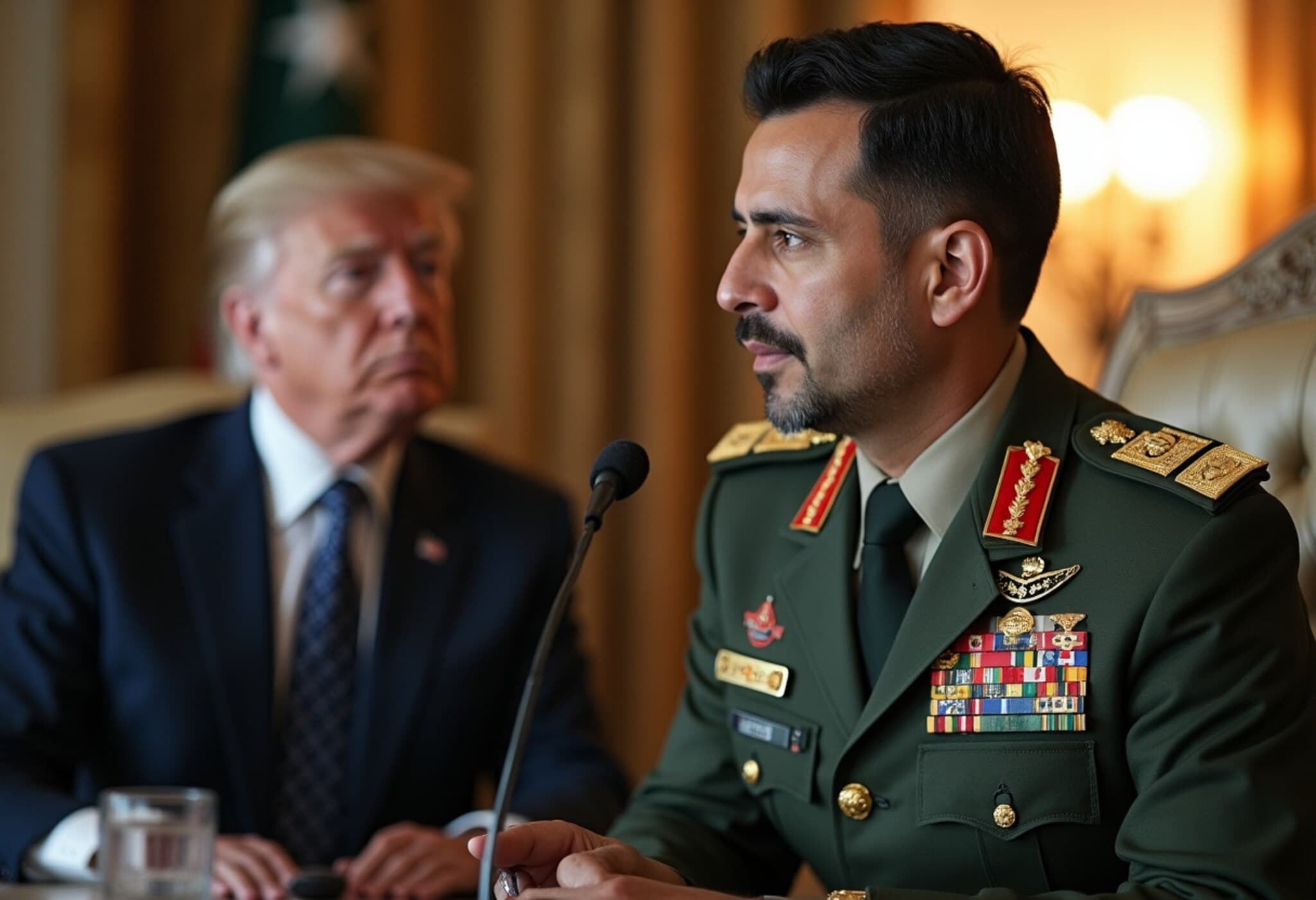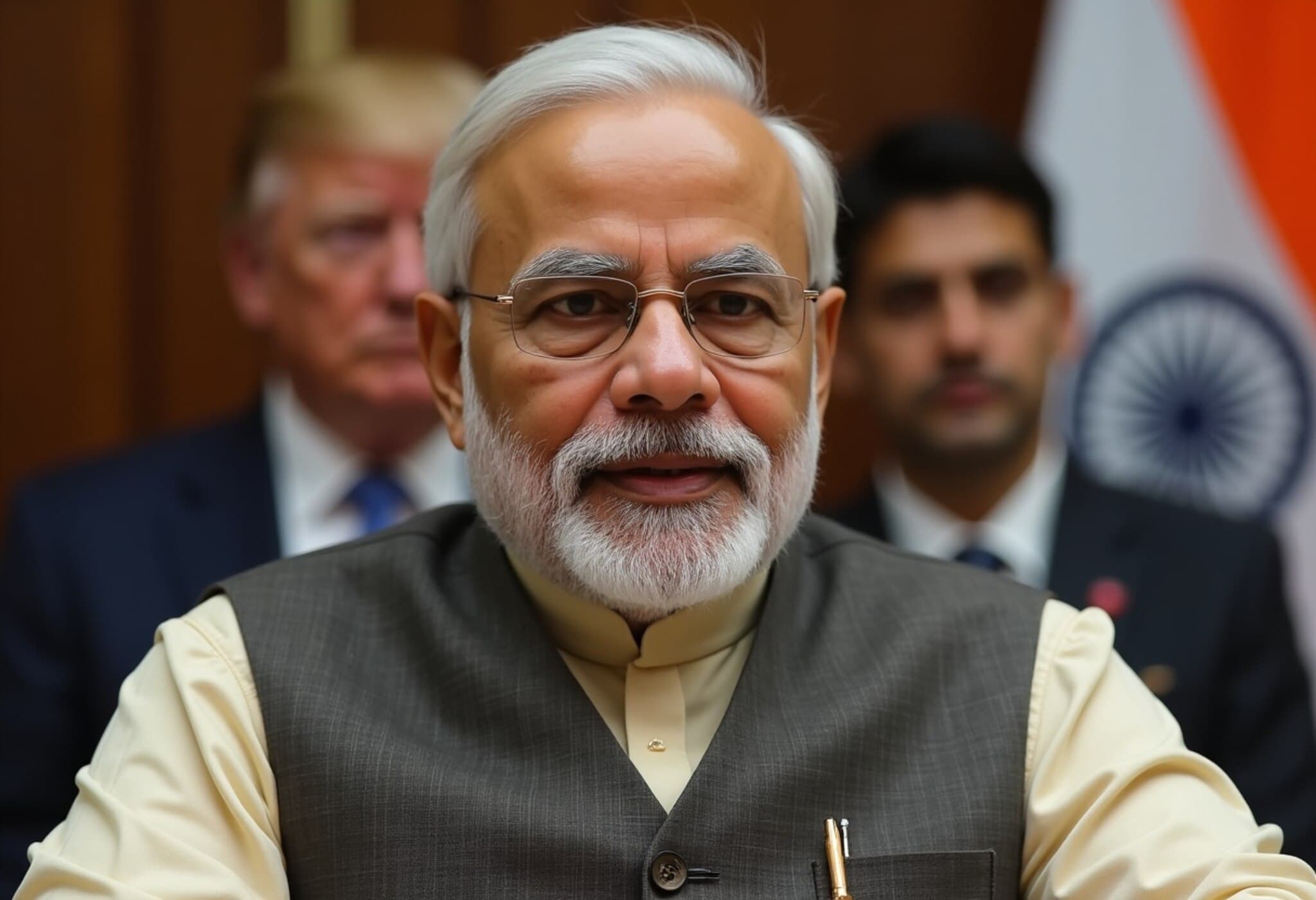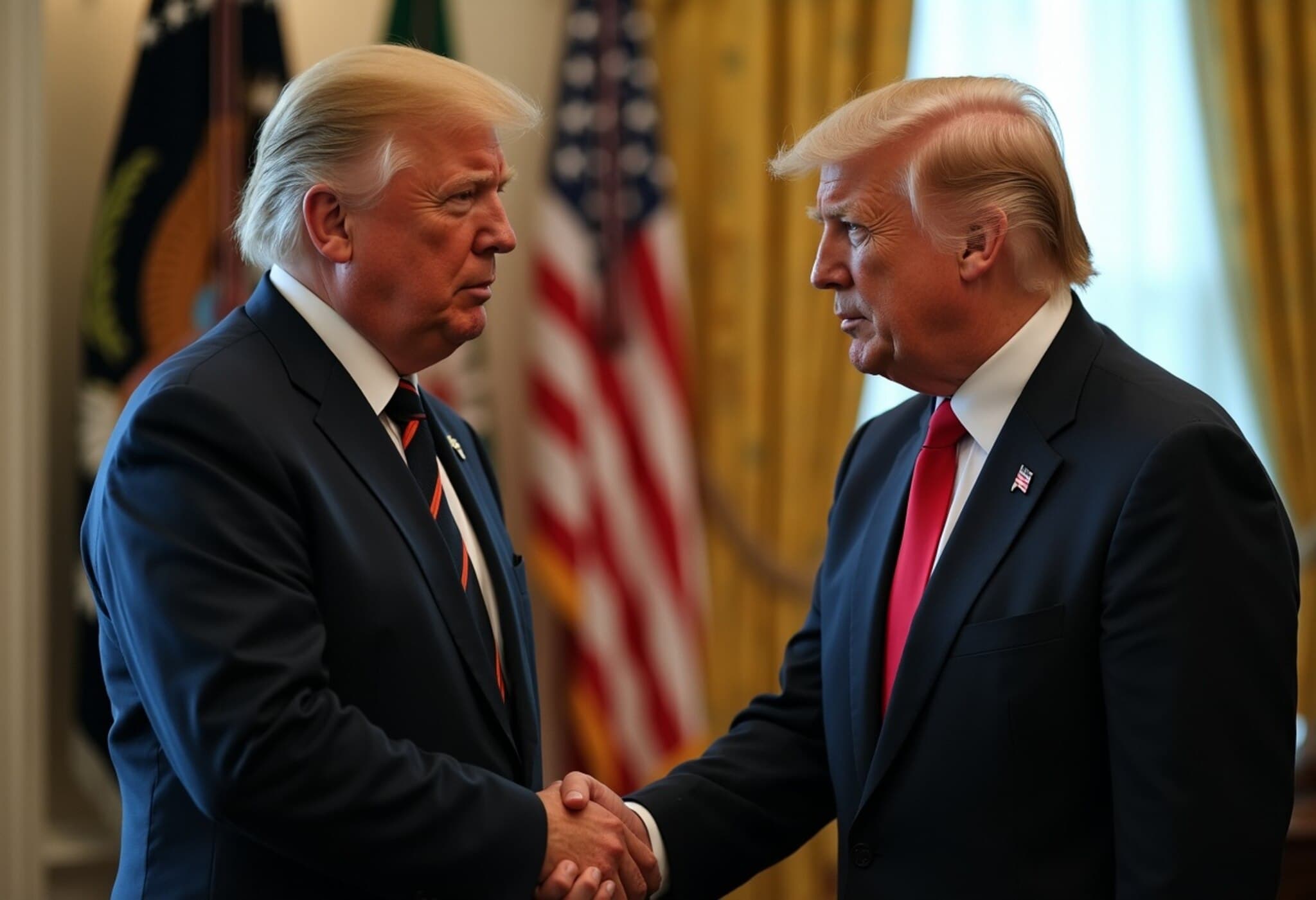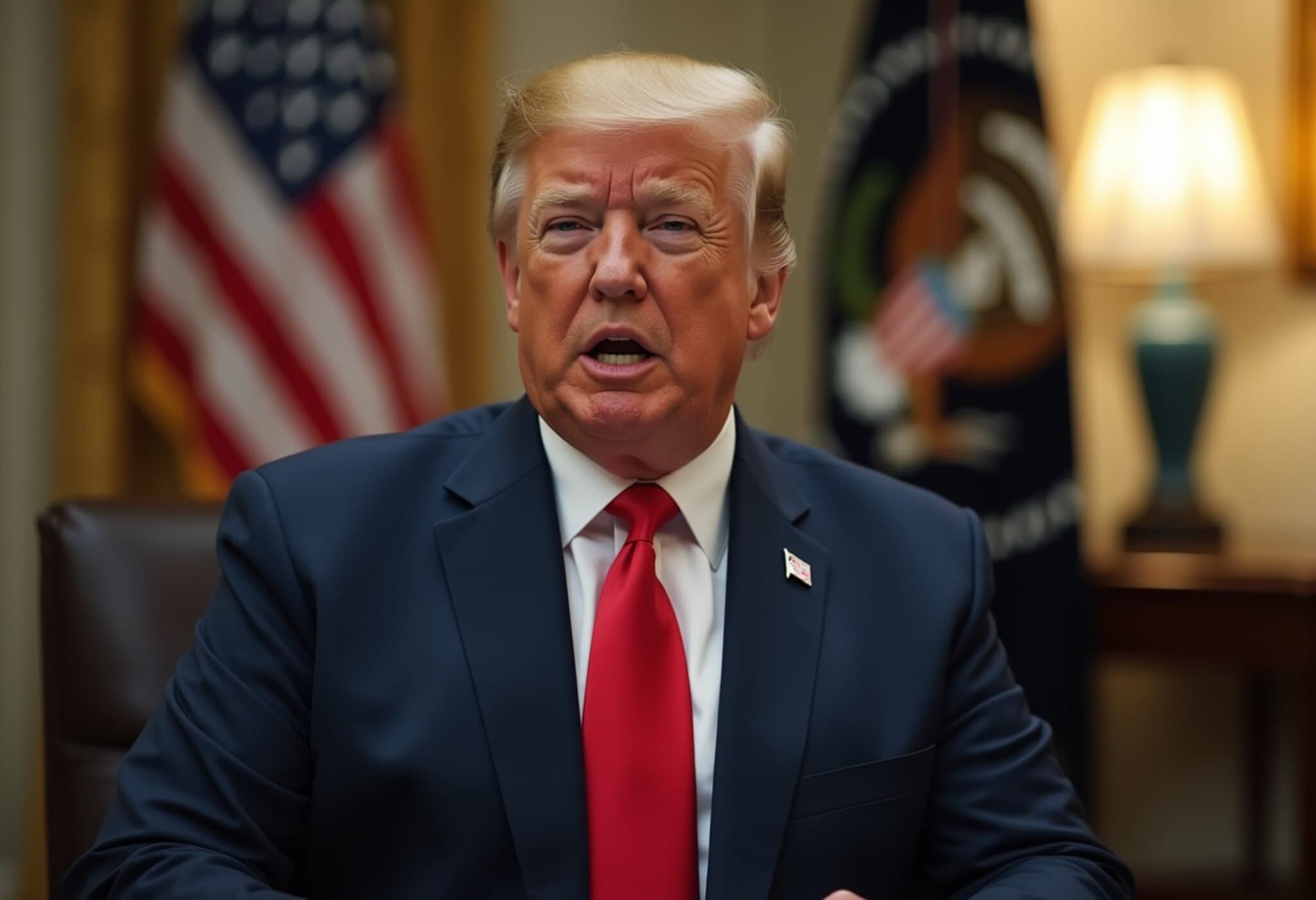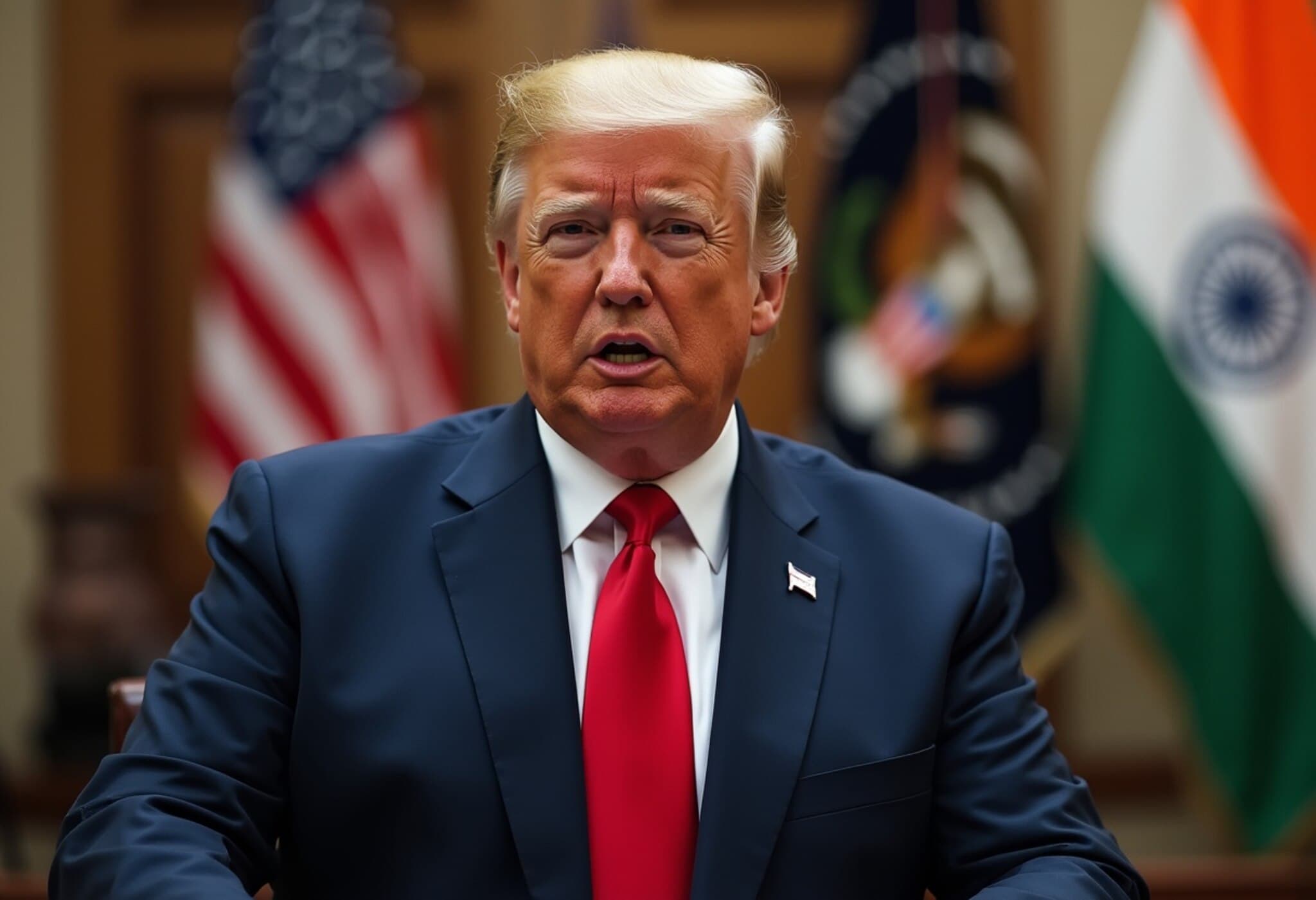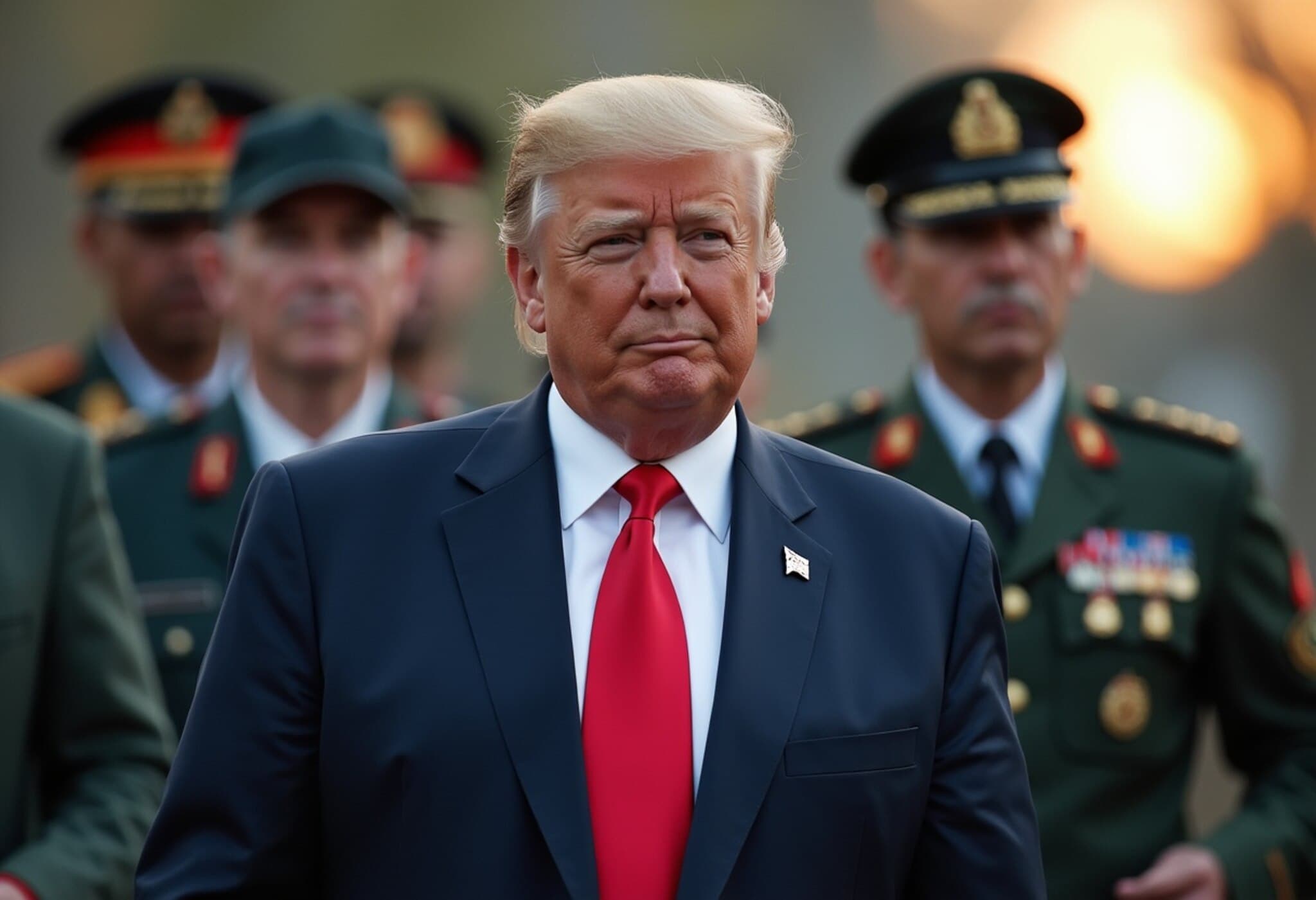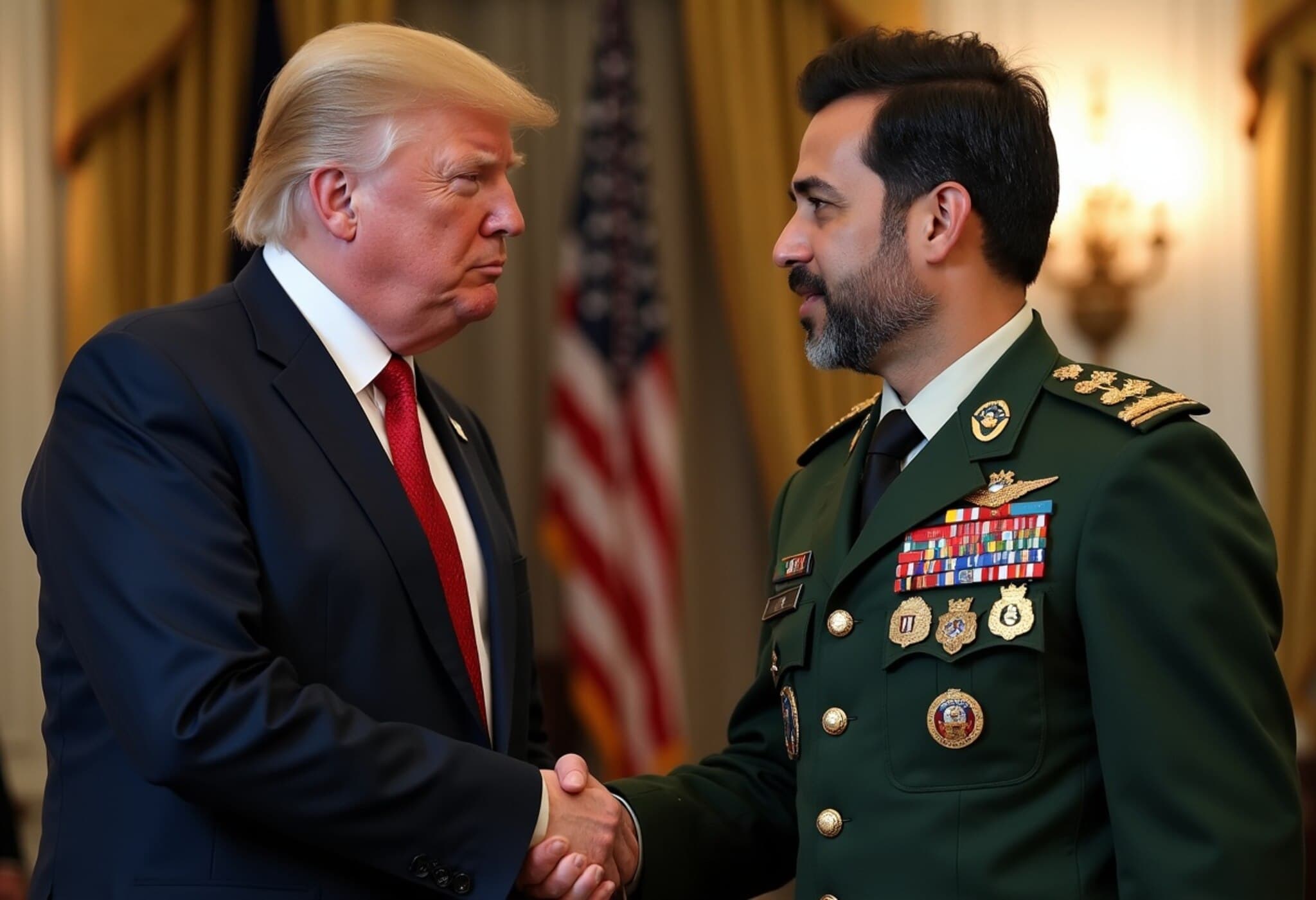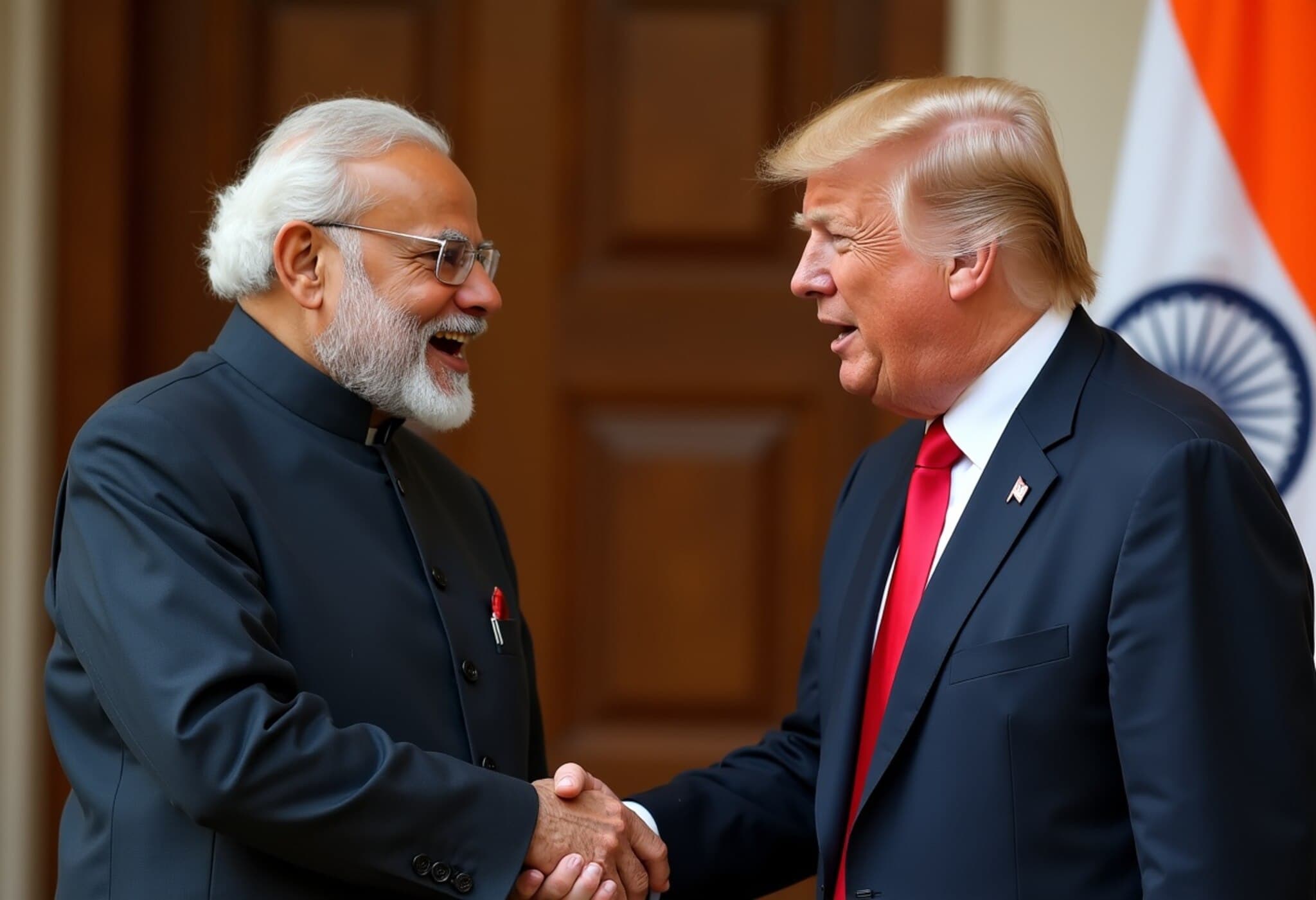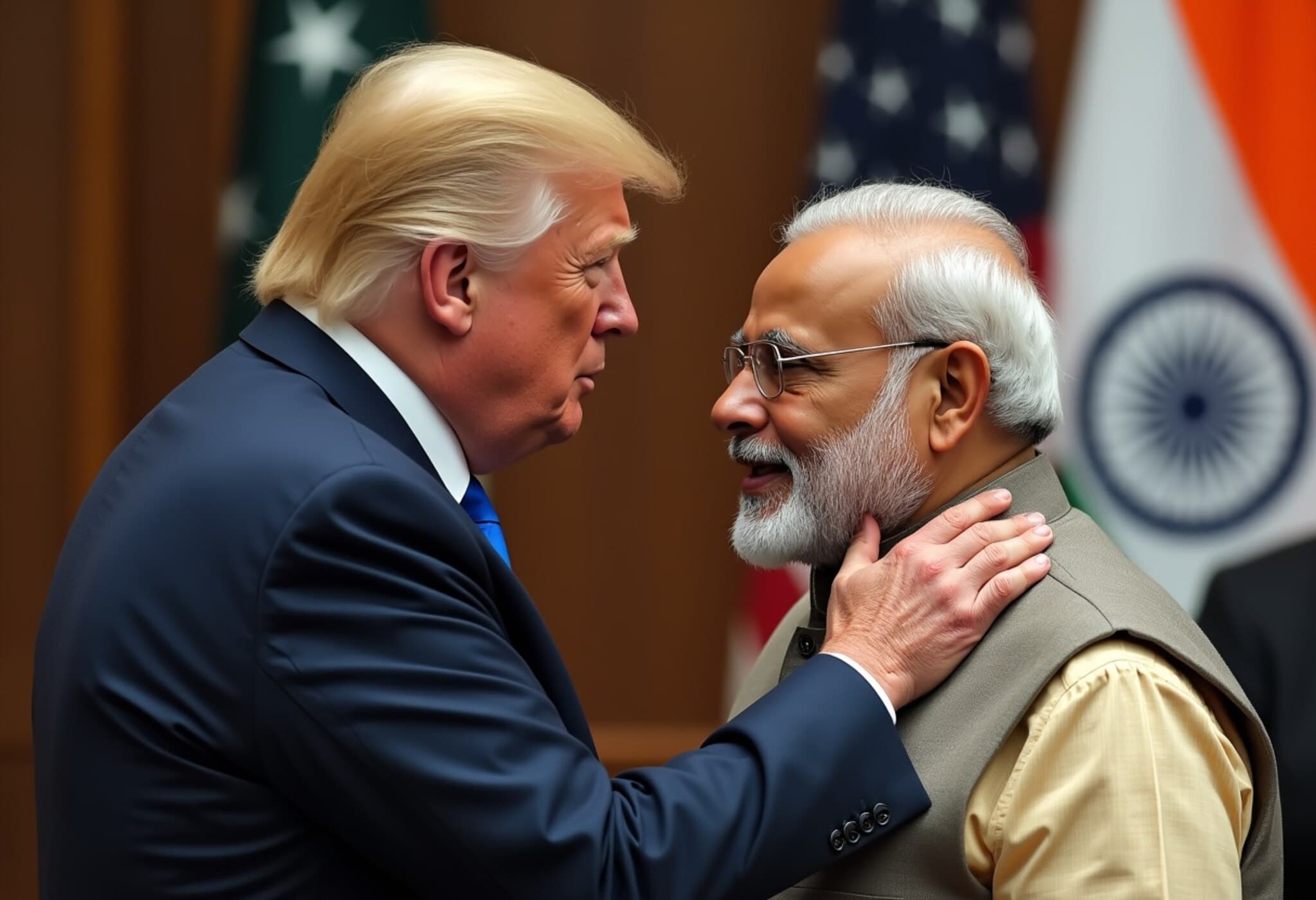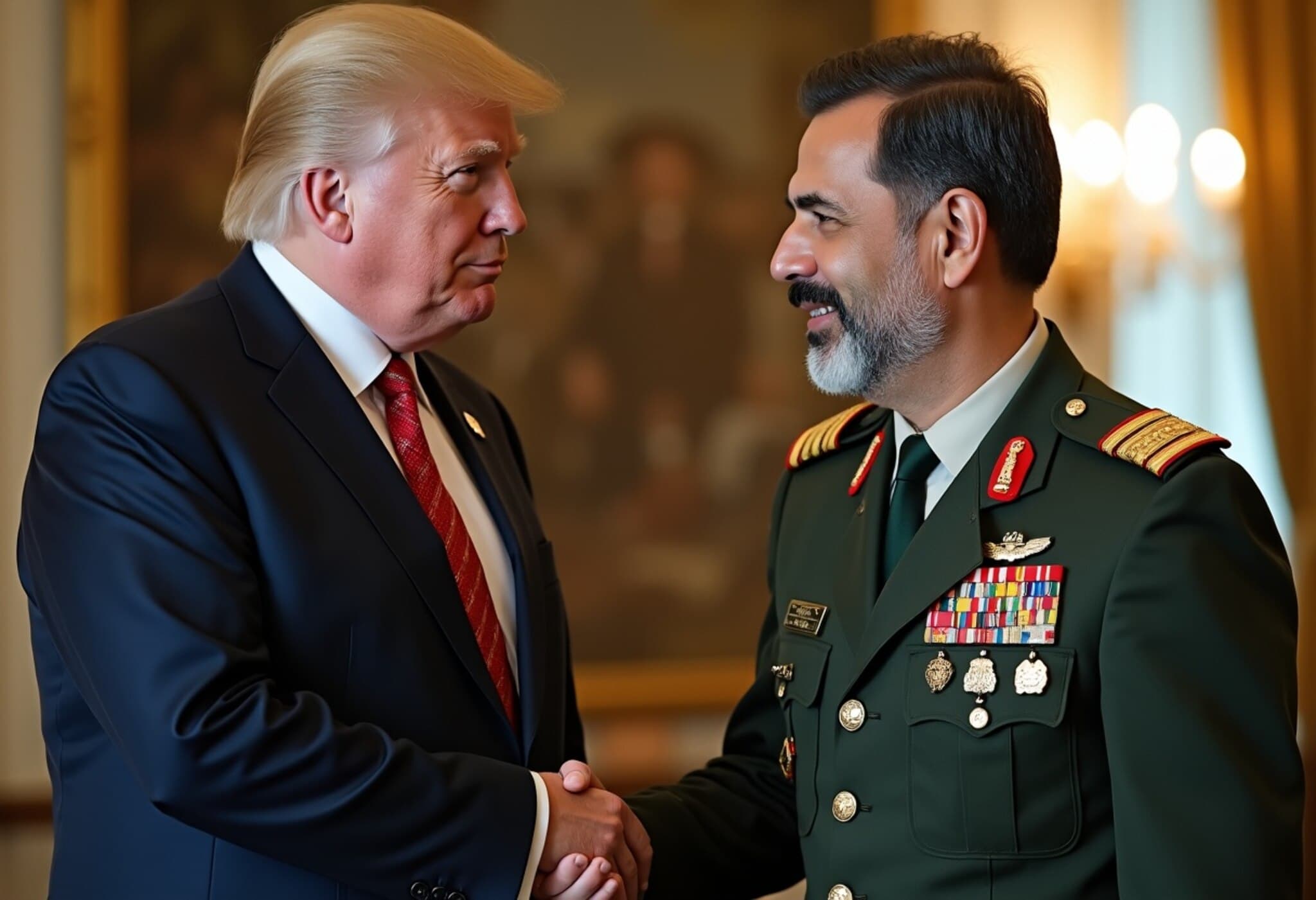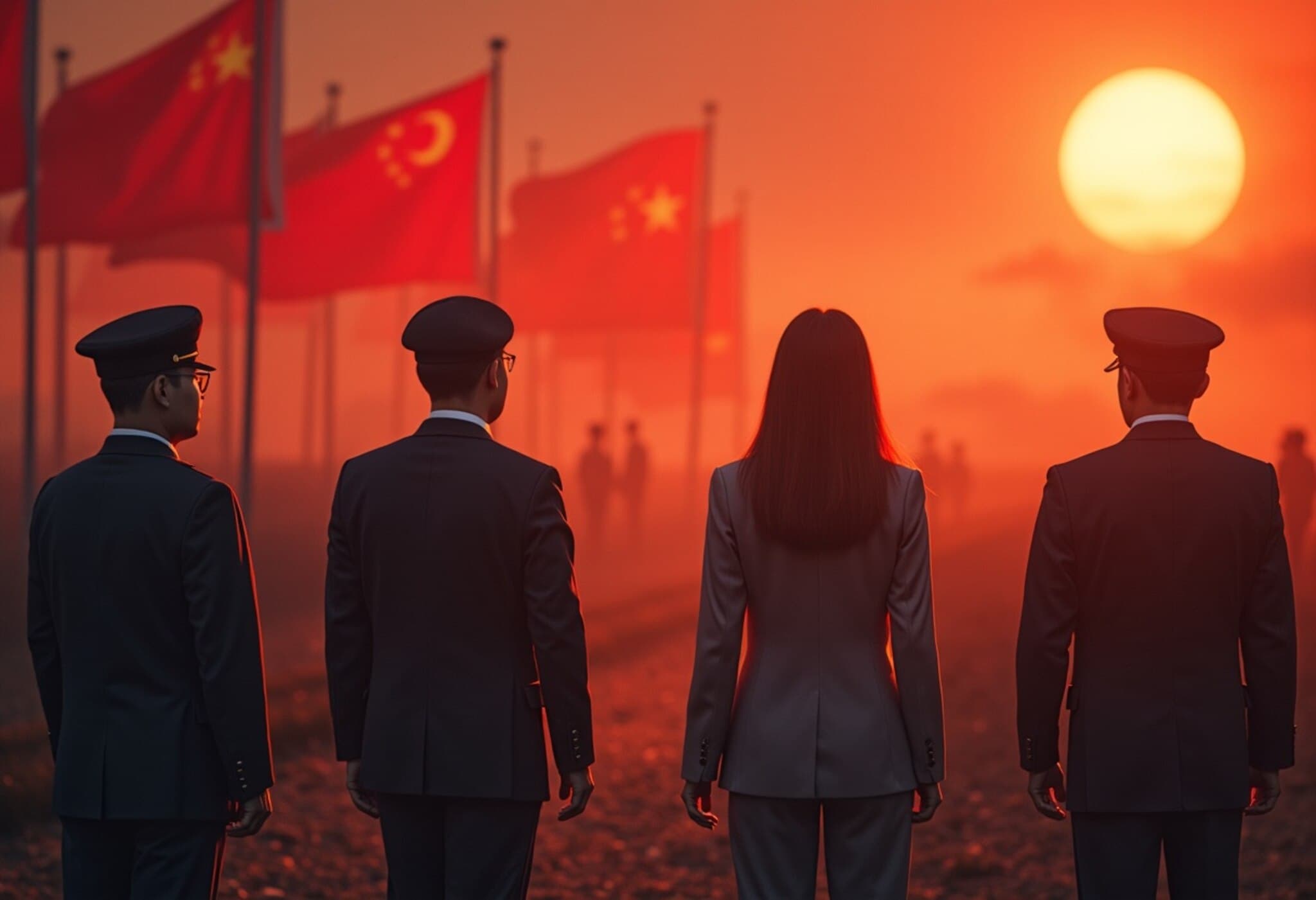President Trump to Host Pakistan Army Chief for Diplomatic Lunch
In a significant diplomatic move, US President Donald Trump is scheduled to host Pakistan Army Chief General Asim Munir for lunch at the White House. The meeting, set for Wednesday at 1 p.m. local time in the Cabinet Room, reflects ongoing efforts to strengthen ties amidst regional security challenges.
Context Behind the Meeting
This luncheon follows a recent affirmation by a senior US military official highlighting Pakistan's crucial role in combating terrorism, particularly the threat posed by the Islamic State-Khorasan Province (IS-KP). Just last week, General Michael Kurilla, head of the US Central Command, acknowledged Pakistan’s collaboration in counterterrorism during a House Armed Services Committee hearing.
General Kurilla emphasized Pakistan’s value as a partner by citing its cooperation leading to the arrest and extradition of Mohammad Sharifullah, the ISIS-K planner responsible for the 2021 suicide attack at Abbey Gate which claimed the lives of 13 US service members and approximately 160 civilians. This, he noted, underscores the importance of maintaining working relationships with both Pakistan and India.
US Approach to South Asian Security
While reaffirming support for India’s fight against terrorism, the US administration continues to foster dialogue with Pakistan, advocating for a nuanced approach in South Asia. General Kurilla pointed out that US relations with Pakistan and India do not have to be mutually exclusive, advocating for simultaneous engagement with both nations.
Tensions Between India and Pakistan
The diplomatic lunch takes place amidst lingering tension between India and Pakistan following a deadly terror attack in Kashmir’s Pahalgam in April 2025. The attack triggered a series of military strikes and a tense four-day confrontation between the two neighboring countries. Ultimately, they reached a ceasefire agreement after intense negotiations mediated by the United States.
India’s External Affairs Minister has described the ceasefire as an outcome of an emergent understanding, and US officials have expressed their role in facilitating the peaceful resolution. The agreement marks a hopeful, albeit delicate, step towards de-escalating one of the world’s most volatile border conflicts.
Looking Ahead
President Trump’s meeting with General Munir is poised to reinforce dialogue channels and demonstrates the US’s commitment to fostering stability in South Asia. With terrorism continuing to threaten regional security, such engagements aim to build strategic partnerships and collaborative solutions.

